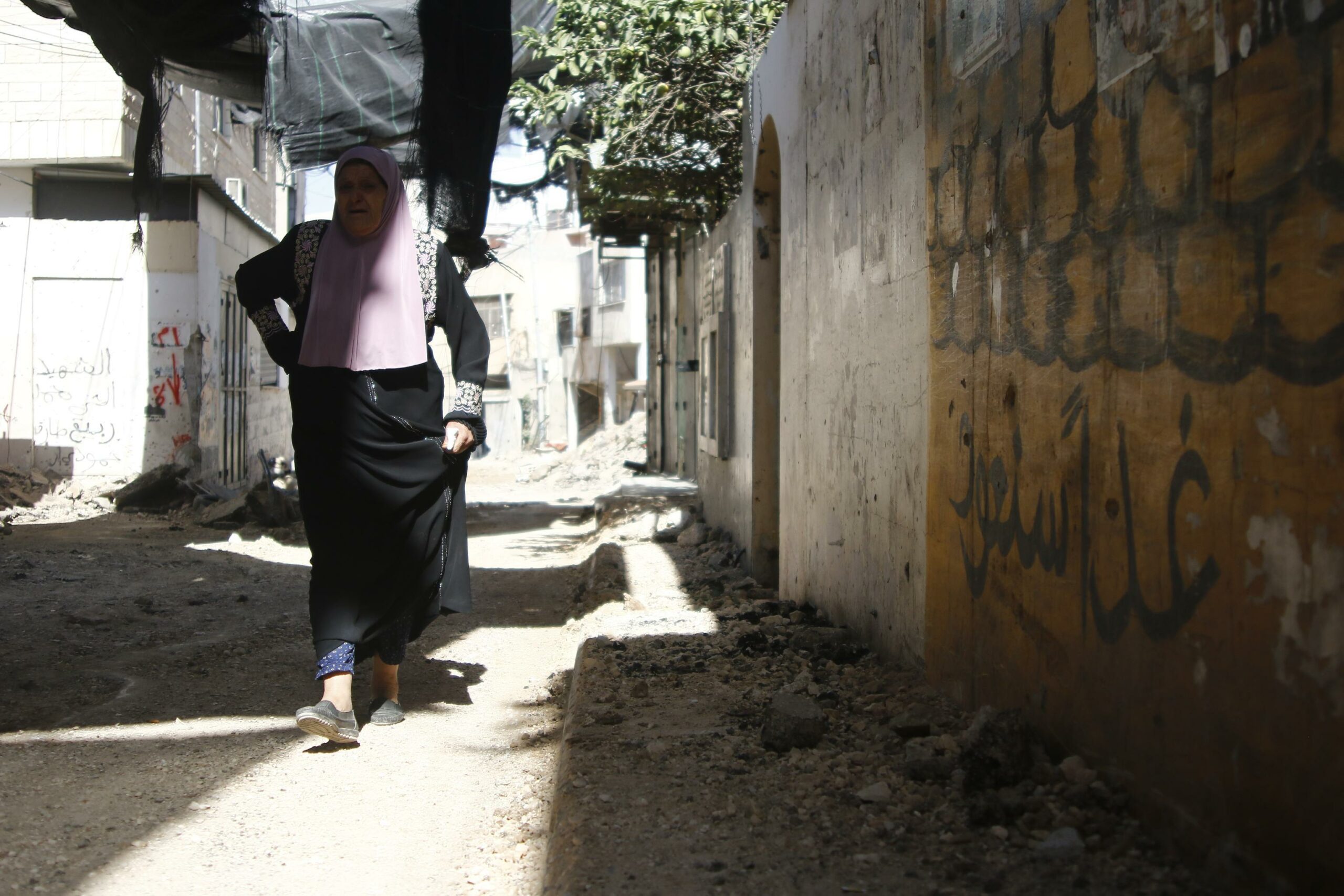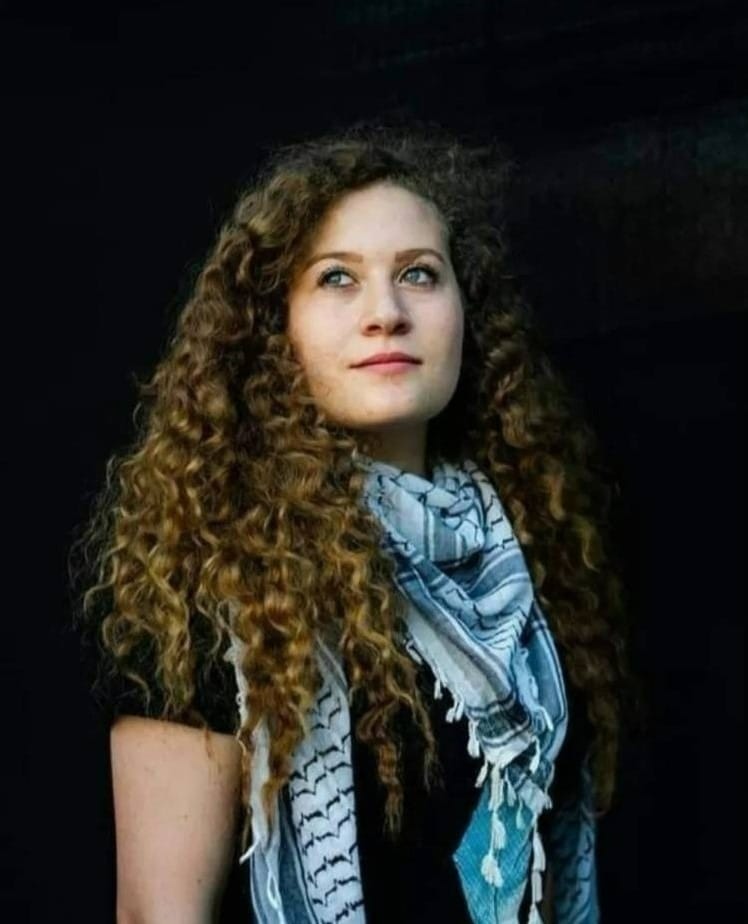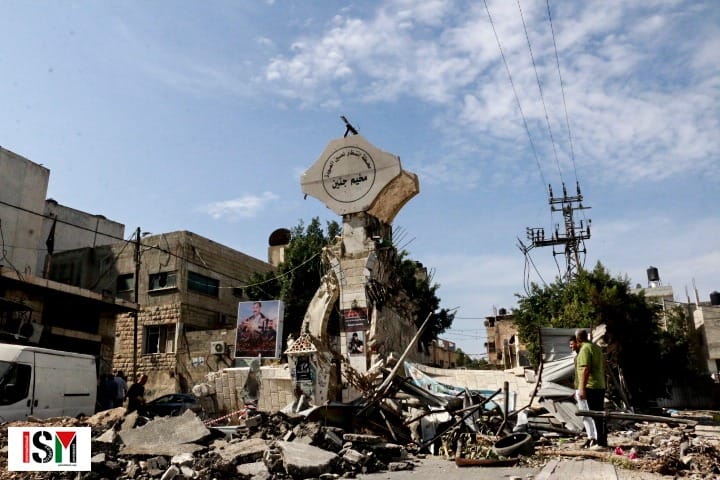Tag: west bank
-
The Israeli occupation commits new massacres in Jenin Camp, killing 15 Palestinians
10 November 2023 | International Solidarity Movement | Jenin By Diana Khwaelid On Thursday morning Nov. 10th 2023, the Israeli occupation forces stormed the Jenin refugee camp in the northern West Bank. A military operation that lasted 24 hours was carried out by the Israeli Occupation Forces in the Jenin camp with the aim of…
-
Israeli occupation forces arrest Ahed Tamimi
6 November 2023 | International Solidarity Movement | International Women’s Peace Service Prominent Palestinian activist, Ahed Tamimi, was arrested in her home in the village of Nabi Saleh near Ramallah, in the early hours of today, November 6. Following the 22-year-old’s arrest, right-wing Israeli media allied with occupation forces and Israeli far-right politicians issued violent…
-
Israeli forces bulldoze Jenin monument in deadly night raid
1 November 2023 | Jenin | International Solidarity Movement By Diana Khwaelid On Sunday, October 29, a huge column of military vehicles stormed the city of Jenin in an overnight raid, killing four Palestinians, and destroying a monument for Jenin’s martyrs. Israeli soldiers invaded the city’s Jenin camp at 12.30am, accompanied by an armed…



